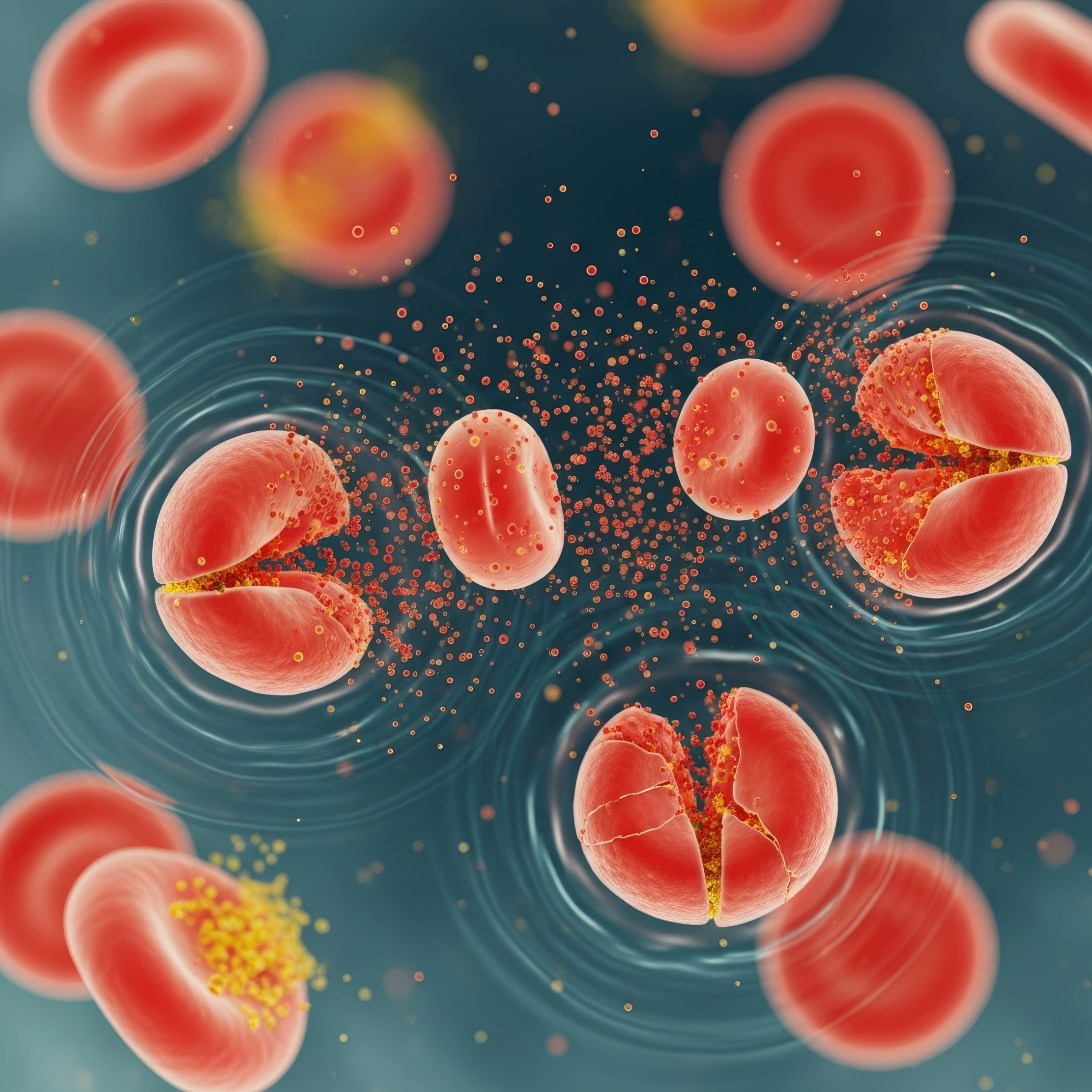Studying Meditation-related Challenges in Western Buddhism -Dr Willoughby B. Britton, Brown University
Original Article Reference
This SciPod is a summary of the paper ‘The varieties of contemplative experience: A mixed-methods study of meditation-related challenges in Western Buddhists, from the open access journal PLoS One. https://doi.org/10.1371/journal.pone.0176239
Share Episode
About this episode
Buddhist-derived meditation is becoming increasingly recognised as being able to promote physical, emotional, and mental health in the Western world. Although an extensive literature supports the many benefits of meditation, the adverse effects remain underreported. The Varieties of Contemplative Experience study was initiated by Dr Willoughby B. Britton at Brown University, Rhode Island, to investigate the potentially darker side of meditation.
This work is licensed under a Creative Commons Attribution 4.0 International License. 
What does this mean?
Share: You can copy and redistribute the material in any medium or format
Adapt: You can change, and build upon the material for any purpose, even commercially.
Credit: You must give appropriate credit, provide a link to the license, and indicate if changes were made.
More episodes
Dr Suzanne Coyle | Weaving Spirituality into Psychotherapy: How Stories Help Healing
As the practice of psychotherapy increasingly embraces the spiritual dimensions of the human experience, therapists are investigating new ways to weave faith and meaning into healing. Dr Suzanne Coyle, a licensed pastoral counsellor and family therapist, explores the role of spirituality in psychotherapy and how this intersection can support the journey of healing. Her work provides practitioners with the tools and knowledge to meaningfully integrate spirituality into clinical practice.
Dr. Jürgen Gailer | Linking the Blood Chemistry of Metals with Adverse Human Health: New Tools Reveal an Invisible World
Researchers Maryam Doroudian and Jürgen Gailer from the University of Calgary explore what happens when red blood cells rupture and release a zinc-containing enzyme called carbonic anhydrase 1 into the bloodstream, revealing that it remains unexpectedly free and may influence vascular health. Their work also connects to broader research showing how liquid chromatography is transforming our ability to study toxic cadmium and mercury as they move through the body. Together, these studies uncover hidden biochemical processes that shape how environmental pollutants and blood-cell damage affect human health.
Barbara Holifield | Coming Home to the Body: Sensing, Development, Trauma and Depth Psychology
We often take our bodies for granted, treating them as vehicles to get us through the day or as objects to manage and control. But author and Jungian Analyst Barbara Holifield’s book Being with the Body in Depth Psychology challenges this view, arguing that the body is the foundation of our sense of self and the lens through which we encounter the world. Depth psychology has seldom treated the body as an intrinsic aspect of our psychology, and when it has, it rarely delves into the body as experienced. Through in-depth case studies, Holifield’s two important chapters – Chapter 2, Sensing the Self, Sensing the World, and Chapter 4, Attaining Embodiment: A Developmental Perspective – explore how we come to feel at home in our bodies and why this matters for both psychological health and human growth.
Easing the Hardest Moment: How Brain Stimulation Is Transforming Care for People with Opioid Use Disorder
In the world of opioid addiction treatment, the hardest moment often arrives precisely when hope begins to emerge. It is the moment someone chooses to stop using opioids. That decision, courageous and life-changing, almost immediately collides with one of the most punishing physiologic syndromes known in medicine: opioid withdrawal. Withdrawal brings waves of nausea, sweats, shaking, cramps, insomnia, anxiety, and extremely intense cravings. For countless individuals, this moment is a seemingly inescapable stumbling block that can be the undoing of their recovery. They want to stop, they mean to stop, but withdrawal can become an insurmountable barrier.
Increase the impact of your research
• Good science communication helps people make informed decisions and motivates them to take appropriate and affirmative action.
• Good science communication encourages everyday people to be scientifically literate so that they can analyse the integrity and legitimacy of information.
• Good science communication encourages people into STEM-related fields of study and employment.
• Good public science communication fosters a community around research that includes both members of the public, policymakers and scientists.
• In a recent survey, 75% of people suggested they would prefer to listen to an interesting story than read it.

Step 1 Upload your science paper
Step 2 SciPod script written
Step 3 Voice audio recorded
Step 4 SciPod published




